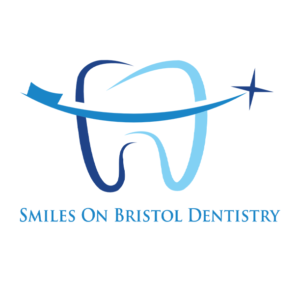[sgmb id=”1″ customimageurl=”” ]Medication and Oral Health
How does my medication affect my oral health? Generally, many people take medication to make them feel better, but like most medication it comes with side effects, and there are plenty that affect the mouth. Vitamins, minerals, and herbs can also have a negative effect on your oral health. It is very important to list and tell your dentist of all the medication or vitamins that you are currently taking both over-the counter- and prescribed. The most common side effects to the oral health that come with medication are dry mouth, taste change, abnormal bleeding, discoloration and inflammation of gums and tissues.
Some medication causes xerostomia (dry mouth).The medication causes a reduction in saliva causing an uncomfortable irritation inside the mouth. There are hundreds of medications that can cause this type of problems that most common ones are antihistamines, antidepressants, seizure medications, muscle relaxants, and high blood pressure medications. Dry mouth can cause a risk in gingivitis, and tooth decay. If you think that your medication is causing dry mouth talk to your doctor. Your doctor can switch to a different medication or give you tips on how to help with dry mouth.
Taste changes can occur when taking some medications. They can make food taste salty, bitter, or a metallic taste in your mouth. These types of changes are common on elderly patients who take more than one type of medication. This feeling usually goes away after you stop taking your medication, but you have to talk to your physician about pro and cons of stopping medications. Some common types of medication are chemotherapy drugs, like methotrexate or doxorubicin. Some antibiotics, heart medications, iron deficiency, diabetic medication, cholesterol lowing medications, and more.
Tooth discoloration is common when taking some medications. Tetracycline has a connection with children having brownish-yellow teeth. Doctors discovered that the use of tetracycline during pregnancy led to children having stains in their teeth. Tetracycline is not recommended during pregnancy or children under the age of eight. Not only medication can cause a tooth to change color. Vitamins or too much fluoride can create white spots in the tooth enamel. In extreme fluoride cases it can lead to permanently stained brown teeth. It is important to read the risk and benefits when taking any type of medication.
There is some medication that causes gums to swell or to turn red. The most common would be anti-seizure medication and blood pressure medication. It is very important to brush and floss correctly when taking this medication. Brushing and flossing will reduce the chance of you having periodontal problems or caries.
At Smiles on Bristol Dentistry, our medical history forms make it easy for our patients to list all medical conditions and list all of their medications. Our dentist in Santa Ana, Dr. Danial Kalantari goes through the medical history before starting the exam; this gives our dentist an idea of what kind of medications the patient is taking. Please contact Smiles on Bristol Dentistry if you would like to schedule an appointment. Contact Us

